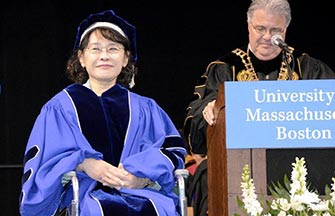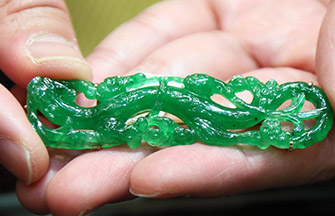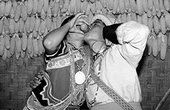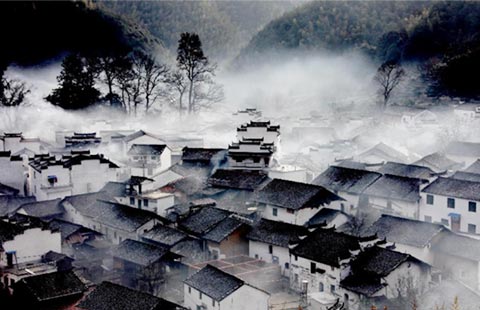Child's play
( Global Times ) Updated: 2015-06-01 14:06:21A process of exploration
Glad to see the growing potential of the children's theater market, as a member of the industry and a mom of two kids Zhou is worried about problems in the present market as well. For her, the biggest problem lies in the lack of quality arising from producers' pursuit of the almighty dollar, which is not only reflected in a lack of creative scripts (mostly adapted from cartoons and classic fairy tales) but also in the way many plays are presented.
Ertong ju (children's play), a special genre in stage art in China, is usually seen a good choice of entertainment that can "use entertainment to teach children." This understanding has resulted in many didactic plays that try to incorporate lessons for kids. While the moral color is gradually fading from these plays, on the other end of the extreme, countless plays are relying on flashy stage designs, props and lighting to attract audiences and only try to amuse children with funny plots and interactive games, turning theater into an amusement park.
"Here the artistic value of plays is being ignored and children's ability to understand and appreciate art as an audience is being insulted," Zhou said. "So the overall standards are being lowered, from the quality of script to the quality of performers."
"This has a great impact on a child. If what he encounters in life is sincere and creative during childhood, he'll get used to that, and vice versa," Zhou added.
At present Zhou is preparing for A Short Long, which will take the stage in July. "The stage is quite simple, but with unique designs, a perfect plot and experienced actors, it impressed me a lot when I saw it last year. It is a piece of art," Zhou introduced. "The most important thing about Denmark's plays for children is that they are just as artistic and as experimental as plays for adults."
In her analysis, this is because in Denmark plays for children and adults are equally stressed. As far as they are concerned only the audiences are different. "It is different in China. Here, when talking about experimental theater, we wouldn't consider children's theater. We only present the shinny side of life. But in Denmark, plays for children can discuss serious topics, like divorce or self-mutilation among teenagers."
"We take our understanding of children for granted, and thus ignore their real imagination and aesthetic sense and underestimate their level of appreciation."
Luckily, things are changing for better. Currently, after seeing good plays from the international stage, some directors in China are working to narrow the gap. For example, CNTC is staging a play named Mu You Cun, which deals with the topic of moving away from friends.
Meanwhile, according to media reports, CNTC is planning to dedicate one of its classic theaters to the experimental and explorative side of children's theater to pursue the "artistic value" of children's plays.
Additionally, an increasing amount of private troupes like Zhou's are introducing quality plays from abroad, ones they would want their own children to see.
"We are accumulating power. I hope we can gradually create a trend so as to improve the ecology of children's plays in China," Zhou told the Global Times.
|
|
|
|
|
|
|
|
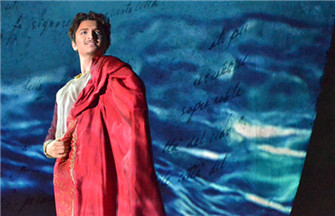
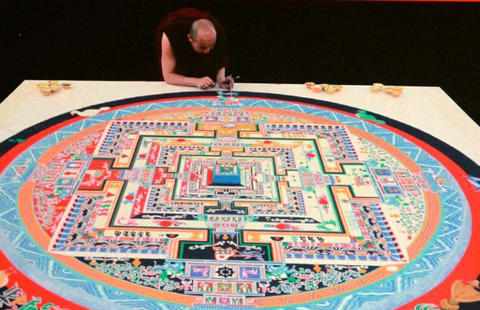


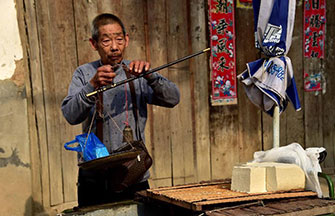


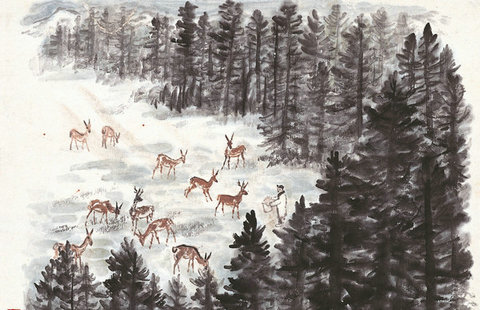
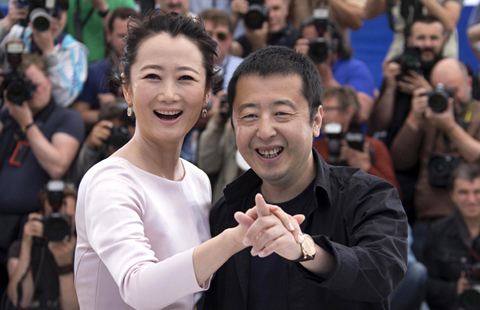

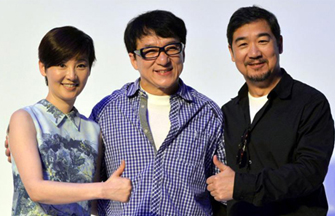




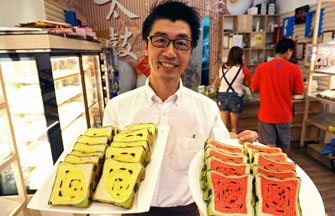


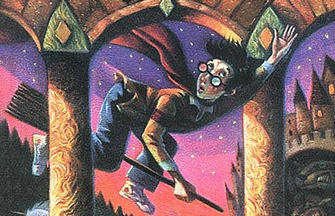
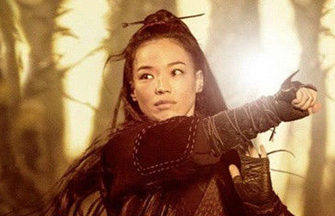
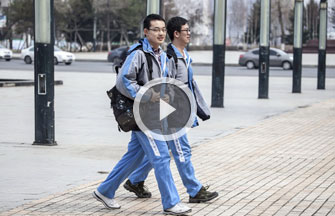


 Raymond Zhou:
Raymond Zhou: Pauline D Loh:
Pauline D Loh: Hot Pot
Hot Pot Eco China
Eco China China Dream
China Dream China Face
China Face
